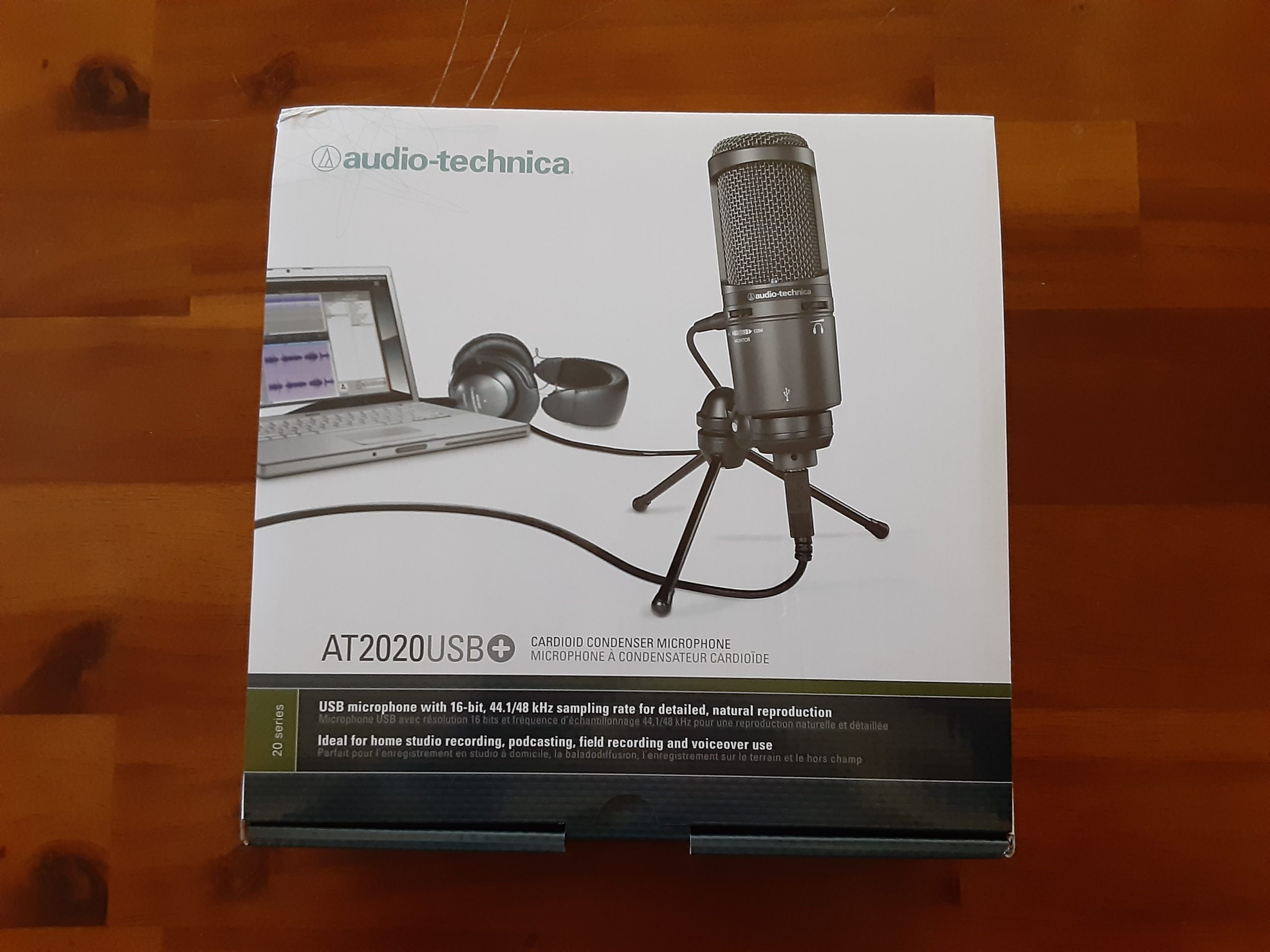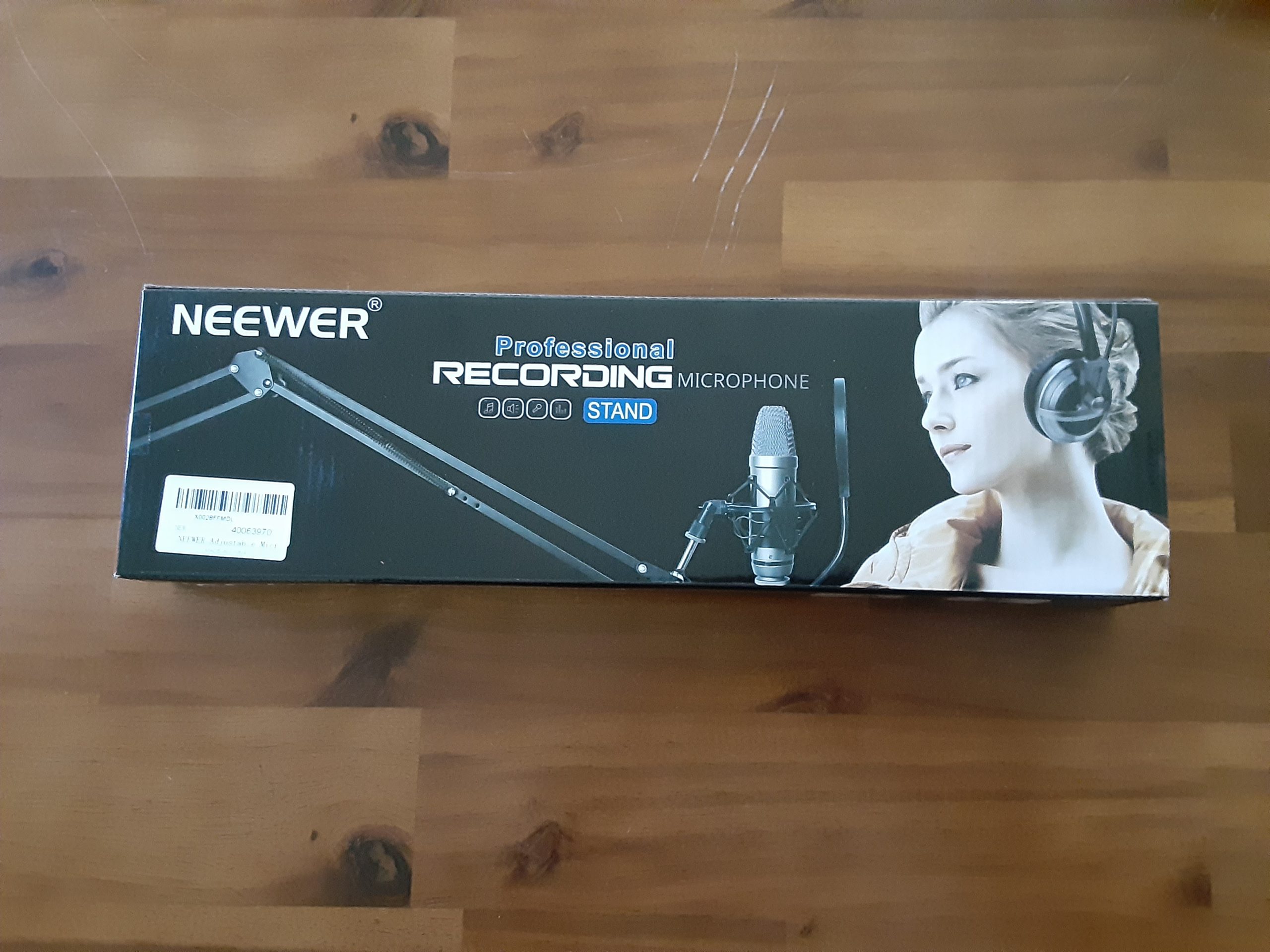Father’s Day gifts – let the podcasting/screencasting begin!


Father’s Day gifts – let the podcasting/screencasting begin!


I have created a set of requirements for an app called Booklist Browser, and for Booklists to be read by Booklist Browser. The draft requirements can be viewed on this Github issue. This is my contribution to the conversation I tried to start in this blog post on Federated Bookshelves. Input from others would be welcome!
I summarized requirement-type information from a number of posts on the Federated Bookshelves/Library JSON idea, see the Github repo for details. If anyone is interested in participating in a conversation on this topic, I have created a Github issue to capture comments.
Also, I found two tools today to more easily view OPML and JSON files:
I added these to the tools section on the main Federated Bookshelves repo file.
I have created a test viewer for the Library JSON format as defined by Tom Critchlow. It reads a JSON file following the format and displays the elements in the JSON file. I have a working one on my website reading Tom Critchlow’s test file. I have added the HTML file for the viewer to the Federated Bookshelves Github repo.
Now that we have a simple way to view both OPML and Library JSON files, I am going to put some thoughts together on Github about the next items to work on….
The proof copy of my new book came in – need to make a few updates, but will be available soon!

Recently, Ton Zijlstra wrote about the concept of “federated bookshelves”, in which he referenced a post by Tom Critchlow on a similar concept called “Library JSON”. I have played with this idea based on Ton’s proof of concept. I also read through the postings flowing from Tom Crichlow’s post in 2020, and the ones from Ton Zijlstra’s post this year, and thought it would be helpful to provide a chronology of the development of this idea. To this end, I have created a Github repo with a chronology and links to tools and other distributed book info concepts that I have come across in reading on this topic. Pull requests and other comments are welcome! I am planning to spend more time on this in the next few weeks, so hopefully more prototypes and ideas to come….
Dave Winer posted a few days ago that he was looking for examples of OPML in “production”. I assume that means “being used by someone or in an app”. I thought I would contribute a few items…
Zylstra.org – Ton Zijlstra’s OPML blog roll in a human readable form (reference)
Zylstra.org – Ton Zijlstra’s booklist in OPML (reference)
AndySylvester.com – Andy’s beginning booklist in OPML (reference)
AndySylvester.com – Reading lists in OPML for the River5 feed reader/aggregator
After reviewing a Selfoss issue on Github which described the behavior I saw in my first post on this topic:
This depends on the mime-detection on your server. You need to map .opml to the right mime-type
application/xmlin your webserver.
and this MDN page on updating mime types:
- If you’re using the Apache web server, check the Media Types and Character Encodings section of Apache Configuration: .htaccess for examples of different document types and their corresponding MIME types.
I decided to look at my own web hosting to see if I could find and modify the .htaccess file. For Bluehost, there is an .htaccess file within the public_html folder. I thought I would start with this one and see how things went.
Looking at this example configuration file for media types from HTML5 Boilerplate project, I saw this:
AddType application/xml xml
I then added this line to my .htaccess file:
AddType application/xml opml
After uploading that addition, my OPML file renders the same way that Ton’s file does – success!
Ton gave me a suggestion to refer to the XSL file on my local domain. I did this, but still only saw the raw OPML appear. After some thinking, I thought about MIME types, and wondered if this was set up on my web hosting to serve OPML as XML. I uploaded a copy of the file with a .xml extension, and everything worked! I have found some resources for updating MIME types, will post later after some experimenting.